- Your cart is empty
- Continue Shopping

Product
Glycomet-GP 2 Tablet 15’s
₹175.00Current price is: ₹175.00. Original price was: ₹178.50.
Glycomet-GP 2 Tablet is a reliable medication formulated for the effective management of blood sugar levels in individuals with type 2 diabetes. Each pack contains 15 tablets, designed to help improve glycemic control when combined with a healthy diet and exercise. With its unique combination of Metformin and Glyburide, it aids in reducing insulin resistance and enhancing insulin secretion, making it an essential choice for those seeking to achieve optimal blood glucose levels. Empower your health journey with Glycomet-GP!
- Description
- Shipping
- Reviews (0)
- Questions & Answers
- Vendor Info
- More Products
- Other Available Vendor
- Product Enquiry
Introduction About GLYCOMET-GP 2MG TABLET
What is Glycomet GP 2mg Tablet?
Glycomet-GP 2 Tablet is used to manage type 2 diabetes mellitus when diet, exercise and the single agent does not result in adequate glycemic control. It is a combination of Glimepiride and Metformin which belongs to a group of medicines called Antidiabetic agents. Glimepiride lowers blood sugar by causing the pancreas to produce more insulin and helps the body to use insulin efficiently. Metformin reduces the total amount of sugar released into the blood by the liver.
Take this medicine with meals to avoid stomach upset. Try not to skip doses and take the medicine at the same time each day for consistent control on blood sugar levels. If you are taking this medicine for chronic period, do not stop taking it abruptly without consulting your doctor. If you wish to reduce or increase the dose of Glycomet-GP, talk to your doctor for advice.
Combining Glycomet-GP with regular physician exercise and a healthy low-carb diet may help you effectively manage the signs of diabetes.
Before taking Glycomet-GP 2, inform your doctor if you have type 1 diabetes mellitus, diabetic ketoacidosis, severe liver or kidney disease, acute heart problems. Inform your doctor if you are pregnant or breastfeeding.
Avoid consumption of alcohol while taking Glycomet-GP 2 as it may increase the risk of lactic acidosis. The most common side effects of taking Glycomet GP 2 Tablet are taste disturbance, diarrhea or stomachache. Contact your doctor if any of the symptoms worsen.
Key Composition
Uses Of GLYCOMET-GP 2MG TABLET
- Management of type 2 diabetes mellitus (when diet, exercise and the single agent does not result in adequate glycemic control)
Benefits of Glycomet-GP for Diabetes Management
- Effective Blood Sugar Control: Glycomet-GP helps reduce both fasting and post-meal blood sugar levels, making it effective in achieving optimal glycemic control.
- Dual Mechanism of Action: Metformin enhances insulin sensitivity and reduces glucose production in the liver, while glimepiride stimulates the pancreas to produce more insulin.
- Prevention of Complications: By maintaining stable blood sugar levels, Glycomet-GP helps lower the risk of diabetes-related complications such as neuropathy, retinopathy, and cardiovascular issues.
- Weight-Neutral Effect: Unlike other medications, Glycomet-GP is less likely to cause significant weight gain, making it a preferred choice for individuals aiming to maintain a healthy weight.
- Once-Daily Dosing: Glycomet-GP offers the convenience of a single daily dose, ensuring better compliance and ease of use for patients.
Why Choose Glycomet-GP for Diabetes Management?
Glycomet-GP is ideal for patients who struggle with high blood sugar levels despite lifestyle modifications. It’s effective, safe, and trusted by healthcare professionals worldwide.
How GLYCOMET-GP 2MG TABLET Works
Glycomet-GP 2 Tablet controls blood glucose levels, where Glimepiride works by increasing the amount of insulin released by the pancreas in order to lower the blood glucose. Metformin works by lowering glucose production in the liver, delaying glucose absorption from intestine, and increasing the body’s sensitivity to insulin.
How to use GLYCOMET-GP 2MG TABLET
Glycomet GP 2 Tablet is a prescription diabetes medication which should be used exactly as suggested by your doctor. Therefore, always consult your doctor before purchasing this medicine.
How to Take Glycomet GP 2 Tablet?
- Take Glycomet-GP 2 Tablet with meals, once or twice daily as told by your doctor.
- Swallow the medicine with a glass of water. Do not crush or chew the medicine.
- Try to take this medicine at the same time each day for consistency and ease of remembrance.
Glycomet-GP 2 – Recommended Dosage:
Typically prescribed once or twice daily, depending on the patient’s blood sugar levels and medical condition. The maximum recommended daily dose of Glimepiride (a component of Glycomet GP) is typically 8 mg, and Metformin is up to 2000-2550 mg/day, but this depends on individual patient factors.
What To Do If I Miss a Dose of Glycomet-GP 2:
- Avoid skipping doses, and if a dose is missed, take it as soon as you remember unless it’s almost time for the next dose. Do not double up doses to make up for a missed one.
Side Effects Of GLYCOMET-GP 2MG TABLET
Like all medicines, glycomet-GP 2 may cause certain side effects in some individuals, although not everybody gets them
Common side effects of Glycomet-GP Tablet:
- taste disturbance
- diarrhea
- stomach pain
- loss of appetite
When To Consult your Doctor?
Stop taking Glycomet-GP 2 and contact your doctor immediately if you experience any of the following side effects:
- lactic acidosis
- inflammation of the liver which may result in jaundice (yellowing of skin or eyes)
- severe allergic reactions (such as skin rash, hives, and increased sensitivity to sun, inflammation of blood vessels which may develop into serious reactions with difficulty in breathing, fall in blood pressure and sometimes progressing to shock)
- severe low blood sugar levels
Can Glycomet-GP 2 cause hypoglycemia?
Yes, Glycomet GP2 can cause hypoglycemia (low blood sugar) due to the Glimepiride component, which increases insulin secretion. This risk is higher if meals are skipped, with excessive exercise, alcohol use, or when combined with other antidiabetic medications. Always take it with food and monitor blood sugar regularly.
How To Manage Side Effects
![]()
Stomach Pain
- Taking this diabetes medicine with a light meal or snack can help reduce stomach irritation and ease discomfort.
- Choose easily digestible foods and avoid heavy, greasy, or spicy meals that may aggravate stomach issues.
- Staying hydrated helps prevent dehydration, which can make nausea worse.
- Drink small sips of water throughout the day, to soothe the stomach and prevent discomfort.
- Stay upright for at least 30 minutes after taking the medication to help digestion and prevent stomach discomfort.
- Opt for smaller, more frequent meals throughout the day to avoid overwhelming your digestive system.
If symptoms continue, it’s advisable to consult with your doctor for proper evaluation and possible dose adjustments.
Warning & Precautions
![]()
Pregnancy
Consult your doctor
- Glycomet-GP 2 is not the first-choice treatment for diabetes during pregnancy. Insulin is typically recommended as it provides better blood sugar control with minimal risk to the fetus.
- Clinical studies have shown that the Glimepiride present in the medicine can cross the placenta and may cause hypoglycemia (low blood sugar) in the newborn.
- Therefore, if you are pregnant or planning to conceive, consult your doctor/gynaecologist for safer alternatives.
![]()
Breastfeeding
Consult your doctor
Research indicates that metformin and glimepiride (active ingredients in Glycomet-GP 2) are excreted in small amounts into breast milk. Therefore, breastfeeding mothers should discuss the risks and benefits with their doctor to decide whether to continue breastfeeding or switch to an alternative treatment.
![]()
Driving and Using Machines
Use with Caution
Do not drive or handle any machines if you experience low or high blood sugar levels (symptoms include dizziness, tiredness, shaking or trembling) or if you develop visual problems due to altered blood sugar levels.
![]()
Alcohol
Consult your doctor
Avoid consumption of alcohol while taking Glycomet-GP 2 Tablet as it may hinder the blood sugar control effects of this medicine. It may also pose a risk of lactic acidosis.
![]()
Kidney
Use with Caution
Glycomet-GP Tablet should be used with caution in patients with kidney disease. Regularly monitor your kidney function as recommended by your doctor without fail. Proper dose adjustment and careful monitoring are required in such patients.
![]()
Liver
Use with Caution
Glycomet-GP Tablet should be used with caution in patients with liver disease. Your doctor will periodically check your liver condition and adjust dose accordingly.
![]()
Allergy
Contraindicated
Do not take Glycomet-GP 2 if you are allergic (hypersensitive) to Glimepiride or Metformin or other sulfonylureas (such as glipizide, glibenclamide) or sulfonamides (such as sulfamethoxazole).
![]()
Heart Disease
Contraindicated
Glycomet-GP 2 should be used with caution in patients with heart diseases. Therefore, inform your doctor before taking this medicine if you have any pre-existing heart diseases as a precaution.
![]()
Use In Pediatrics
Contraindicated
The safety and effectiveness of glimepride+metformin is not well established in children. Therefore, you will decide whether Glycomet-GP 2 will suit your child or not after physical consultation.
![]()
Use In Geriatrics
Consult your doctor
Glycomet-GP 2 should be used with caution in elderly patients (aged 65 years or above), especially in patients with impaired kidney function. Your doctor may assess your kidney function more frequently and conduct regular blood screening to effectively adjust your daily dosing.
Others
Who Should Avoid Glycomet GP?
Glycomet-GP should not be used in patients suffering from:
- type 1 diabetes mellitus
- diabetic ketoacidosis
- uncontrolled diabetes or ketoacidosis
- dehydration
- severe infection
Other Precautions to Consider Before Taking Glycomet GP
Before taking Glycomet-GP 2, inform your doctor if you:
- are recovering from injury, operation, infections with fever, or from other forms of stress
- have glucose-6-phosphate dehydrogenase (G6PD) deficiency
- have various factors which could increase the risk of low blood sugar levels (such as undernourishment, irregular mealtime, missed or delayed meal or period of fasting, change in diet, hormone-induced disorders)
Diet and Lifestyle Advice
1. Dietary Modifications
- A diet rich in whole grains, vegetables, lean proteins, and healthy fats helps maintain stable blood sugar levels.
- Focus on low glycemic index (GI) foods, which release sugar into the bloodstream slowly (e.g., oats, legumes, sweet potatoes). Avoid foods with a high GI (e.g., white bread, sugary snacks).
- Eat smaller, frequent meals to maintain consistent blood sugar levels. Skipping meals can cause blood sugar fluctuations and increase the risk of hypoglycemia, particularly when using Glimepiride.
- Incorporating high-fiber foods (such as vegetables, fruits, legumes, and whole grains) helps regulate blood sugar and improve overall digestion?
- Avoid sugary sodas and juices as they can cause sudden spikes in blood glucose levels.
2. Regular Exercise
- Exercise is crucial for diabetes management. It helps the body use insulin more effectively, lowers blood sugar levels, and enhances cardiovascular health.
- Activities like walking, jogging, swimming, or cycling can improve heart health and help reduce insulin resistance.Aim for at least 30 minutes of moderate aerobic exercise (5 days a week).
- Incorporating weight lifting or resistance exercises (e.g., bodyweight exercises like squats or push-ups) helps increase muscle mass, which in turn improves the body’s ability to manage blood sugar. Perform strength training exercises 2-3 times per week?
- Yoga and stretching can enhance flexibility and reduce stress, both important for managing blood sugar levels.
3. Stress Management
- Chronic Stress can increase blood sugar levels due to elevated cortisol levels, which affect insulin efficiency.
- Mindfulness Meditation Can reduce stress and improve overall well-being.
- Slow, deep breathing can activate the parasympathetic nervous system and help manage stress
- Getting enough restful sleep (7-9 hours per night) is essential for managing diabetes. Sleep disturbances can lead to insulin resistance and negatively affect glucose metabolism.
- Create a sleep routine by going to bed at the same time each night and avoiding electronics or caffeine before bed.
5. Avoid SLimit Alcohol
- Smoking can increase the risk of diabetes complications, including heart disease and nerve damage. If you smoke, seek resources to help quit.
- Alcohol can interfere with blood sugar control, especially if taken in excess. It’s important to drink in moderation and monitor blood sugar levels when consuming alcohol .
6. Regular Monitorinal Follow-up
- Keep track of blood glucose levels regularly to understand how your lifestyle and medications (like Glycomet GP) are affecting your health.
- Visit a healthcare provider regularly to adjust medications, review progress, and manage any complications .
Related Health Articles:
Diabetic Diet Chart (1600 Calories, Vegetarian)
Diabetes: 5 Incredible Herbs For Controlling Blood Sugar Levels- Infographic
Buy Glycomet-GP Online Today at Netmeds.com
Looking to manage your diabetes with a trusted solution? Buy Glycomet-GP online today at Netmeds.com, your one-stop destination for genuine medications at affordable prices.
Enjoy the convenience of doorstep delivery, secure payment options, and great discounts when you order from Netmeds. Shop now and take the first step toward better diabetes management with Glycomet-GP.
Drug – Drug interaction
Drugs to avoid with Glycomet GP2:
1. Drugs That Increase the Risk of Hypoglycemia
- Other Antidiabetic Drugs: Combining Glimepiride with insulin, other sulfonylureas, or GLP-1 receptor agonists
- can increase the risk of low blood sugar.
- Beta-Blockers (e.g., propranolol, metoprolol): Can mask symptoms of hypoglycemia, such as a rapid heartbeat.
- ACE Inhibitors (e.g., enalapril, lisinopril): May enhance the glucose-lowering effect of Glimepiride.
2. Drugs That Reduce Glycomet GP Efficacy
- Corticosteroids (e.g., prednisone): Can cause hyperglycemia, reducing the effectiveness of Glycomet GP.
- Thiazide Diuretics (e.g., hydrochlorothiazide): May raise blood sugar levels, counteracting the effects of Metformin.
- Thyroid Hormones (e.g., levothyroxine): Can interfere with glucose control.
3. Drugs That Increase the Risk of Lactic Acidosis with Metformin
- Alcohol: Can exacerbate the risk of lactic acidosis, a rare but serious side effect of Metformin.
- Iodinated Contrast Agents: Used in imaging procedures, these can increase the risk of kidney damage, leading to lactic acidosis when used with Metformin.
- NSAIDs (e.g., ibuprofen): May reduce kidney function and increase the risk of lactic acidosis when combined with Metformin.
4. Drugs That May Interact with Glimepiride’s Mechanism
- Enzyme-Inducing Drugs (e.g., rifampin, phenytoin): These can accelerate the metabolism of Glimepiride, reducing its effectiveness.
- Enzyme-Inhibiting Drugs (e.g., fluconazole): Can increase the concentration of Glimepiride, heightening the risk of hypoglycemia.
5. Anticoagulants and Glimepiride
- Warfarin: Glimepiride can alter the effect of warfarin, necessitating close monitoring of INR (International Normalized Ratio).
6. Interaction with Herbal Supplements
- Ginseng: May enhance the glucose-lowering effect of Glycomet GP, increasing the risk of hypoglycemia.
- St. John’s Wort: Can reduce the effectiveness of Glimepiride due to enzyme induction.
Synopsis
| Drug | : | Glimepiride, Metformin |
| Pharmacological Category | : | Sulfonylureas, Biguanides |
| Therapeutic Indication | : | Type II diabetes mellitus |
| Dosage Forms | : | Tablet |
More Information
| Feature | Glycomet-GP 2mg | Janumet |
| Active Ingredients | Metformin (1000mg), Glimepiride (2mg) | Metformin (1000mg), Sitagliptin (50mg) |
| Mechanism of Action | Metformin reduces glucose production in the liver and increases insulin sensitivity. Glimepiride stimulates insulin secretion from the pancreas. | Metformin works similarly to Glycomet-GP. Sitagliptin enhances insulin secretion and inhibits glucagon release. |
| Indications | Type 2 Diabetes Mellitus | Type 2 Diabetes Mellitus |
| Formulation | Oral tablet | Oral tablet |
| Dosage | Typically 1-2 tablets daily, as prescribed | Typically 1 tablet twice daily, as prescribed |
| Side Effects | Nausea, vomiting, diarrhea, hypoglycemia, dizziness, weight gain | Nausea, diarrhea, upper respiratory infections, headaches, hypoglycemia |
| Risk of Hypoglycemia | Moderate (due to glimepiride) | Low (due to sitagliptin) |
| Weight Gain | Possible (due to glimepiride) | Minimal or weight-neutral |
| Use in Pregnancy | Not recommended; alternative therapies like insulin are preferred | Not recommended during pregnancy |
| Special Precautions | Monitor blood sugar regularly, caution in renal impairment | Monitor renal function, caution in renal impairment |
Both Glycomet-GP 2mg and Janumet are used for managing type 2 diabetes but differ in their composition. Glycomet-GP contains glimepiride, which increases insulin production, while Janumet contains sitagliptin, a DPP-4 inhibitor that enhances insulin secretion and suppresses glucagon release. Each option has its own benefits and side effects, so the choice depends on individual needs and medical advice.Bottom of Form
Alternatives to Glycomet GP:
Glycomet GP 2/850mg Tablet 10’S
Glycomet GP 0.5mg Tablet 10’S
Glycomet GP 1mg Tablet 15’S
Glycomet GP 3/850mg Tablet 10’S
FAQs About GLYCOMET-GP 2MG TABLET
Q: What is Glycomet-GP 2 Tablet used for?
A: Glycomet-GP 2 is primarily used for the management of type 2 diabetes mellitus. It helps lower high blood sugar levels and improves insulin sensitivity, reducing the risk of diabetes-related complications.
Q: How does Glycomet-GP help in blood sugar control?
A: Glycomet-GP contains metformin and glimepiride, which work together to control blood sugar. Metformin reduces sugar production in the liver and enhances insulin sensitivity, while glimepiride stimulates the pancreas to release more insulin.
Q: Is Glycomet-GP effective in preventing diabetes complications?
A: Yes, Glycomet-GP 2 Tablet helps reduce the risk of complications like diabetic neuropathy, retinopathy, and cardiovascular issues by maintaining stable blood sugar levels over time.
Q: Can Glycomet-GP be used for weight loss?
A: Glycomet-GP is not intended for weight loss. However, metformin, one of its components, may have a weight-neutral or slight weight-reducing effect in some individuals.
Q: How often should Glycomet-GP 2 Tablet be taken?
A: Glycomet-GP 2 is typically taken once or twice daily, preferably with meals to reduce the risk of stomach upset and hypoglycemia. Always follow your doctor’s prescribed dosage.
Q: Can Glycomet-GP 2mg dosage be adjusted without consulting a doctor?
A: No, the dosage of Glycomet-GP should only be adjusted under medical supervision to avoid the risk of low blood sugar or other complications.
Q: What are the common side effects of Glycomet-GP 2 tablets?
A: Common side effects include nausea, diarrhea, dizziness, and low blood sugar (hypoglycemia). If symptoms persist or worsen, consult your doctor.
Q: Can Glycomet-GP 2 cause low blood sugar?
A: Yes, Glycomet-GP 2 may cause hypoglycemia, especially if meals are skipped, during excessive physical activity, or when combined with other diabetes medications or alcohol.
Q: Can Glycomet-GP 2 cause weight gain?
A: Glimepiride, one of the components, may cause slight weight gain due to its insulin-stimulating action. However, the effect varies among individuals.
Q: Is Glycomet-GP 2 safe during pregnancy?
A: Glycomet-GP 2 is generally not recommended during pregnancy. Insulin is the preferred option for managing diabetes during this period to ensure the safety of the baby. Therefore, consult your doctor for safe alternative medicines.
Q: Can Glycomet-GP be taken with other diabetes medications?
A: Yes, Glycomet-GP may be combined with other medications under medical supervision. However, combining drugs may increase the risk of low blood sugar, so dosage adjustments might be necessary.
Q: Who should avoid taking Glycomet-GP tablets?
A: Glycomet-GP 2 Tablet should be avoided in patients with type 1 diabetes, severe kidney or liver disease, or a history of severe allergic reactions to the ingredients in Glycomet-GP should avoid its use.
Q: What precautions should I take to avoid hypoglycemia while on Glycomet-GP?
A: To avoid hypoglycemia, ensure regular meals, monitor your blood sugar levels frequently, and avoid consuming alcohol while on Glycomet-GP.
Q: Does Glycomet GP 2mg interact with other medications?
A: Yes, Glycomet-GP 2 may interact with drugs like beta-blockers, steroids, and antibiotics, altering its effectiveness or increasing side effects. Always inform your doctor about your current medications.
Q: Can I take Glycomet GP with insulin?
A: Yes, Glycomet-GP can be prescribed alongside insulin for better blood sugar control. However, the combination requires close monitoring to avoid hypoglycemia.
Only logged in customers who have purchased this product may leave a review.
Vendor Information
- Store Name: Davaxpress
- Vendor: Davaxpress
- Address:
- No ratings found yet!


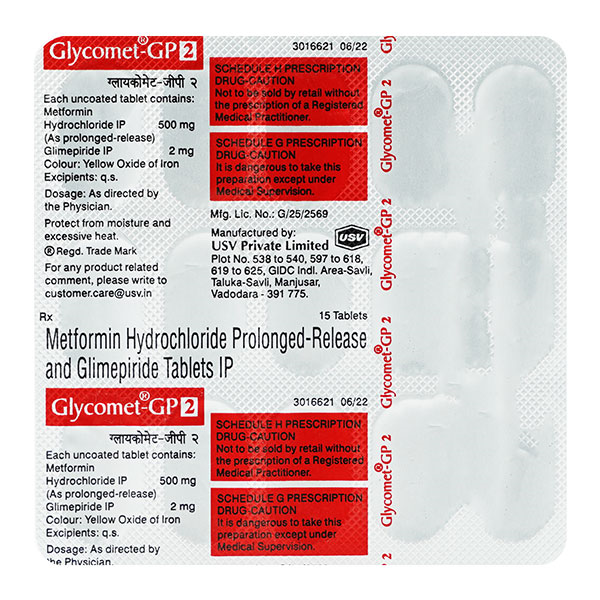
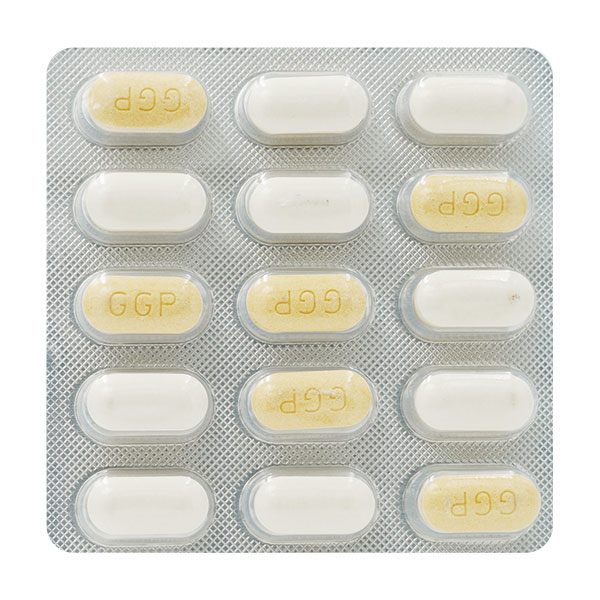


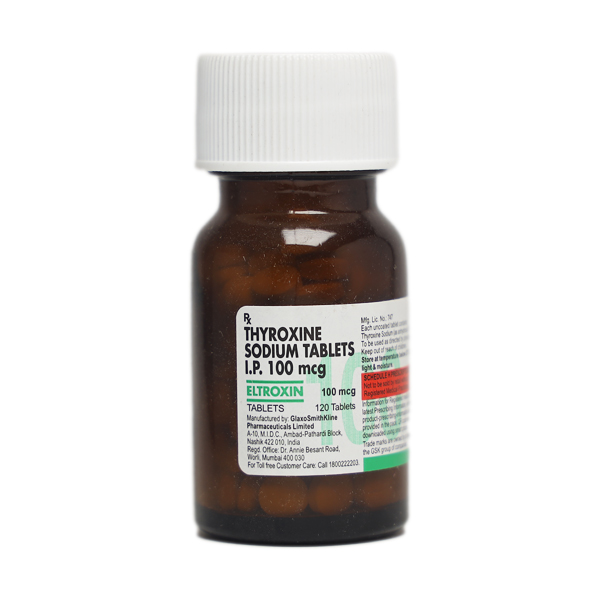


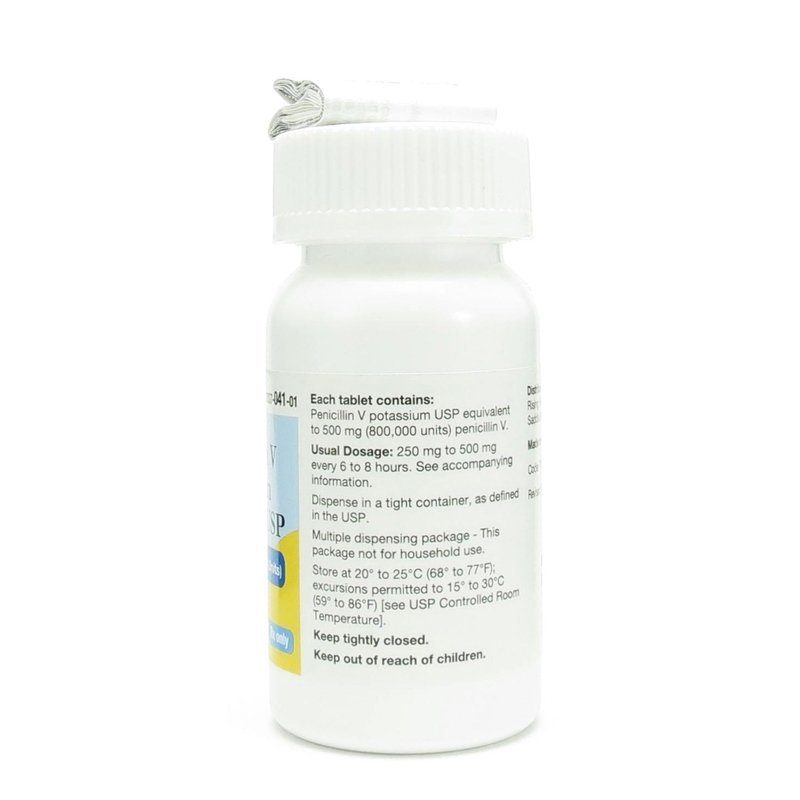

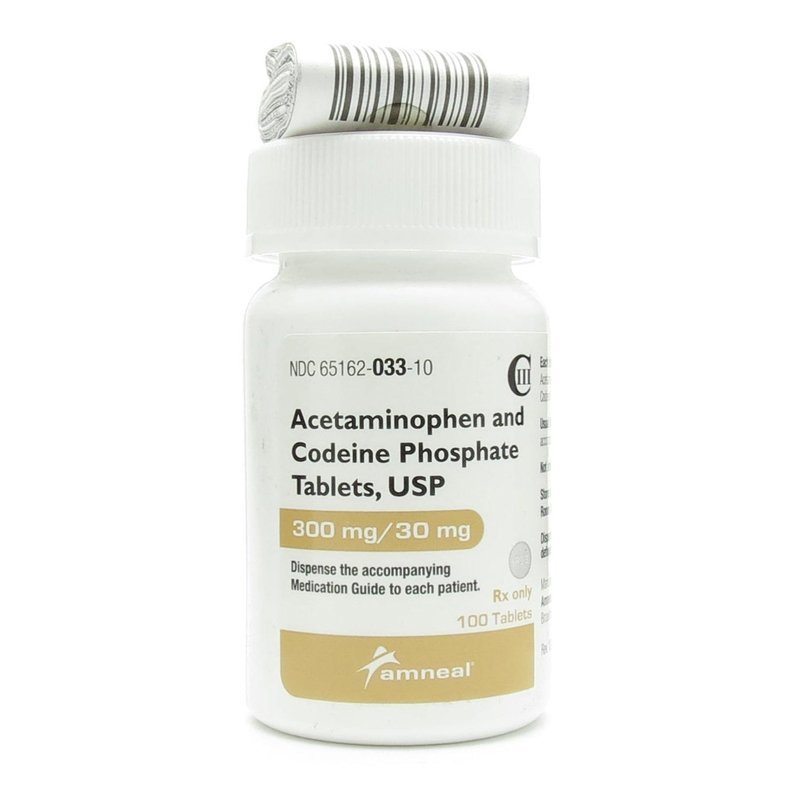
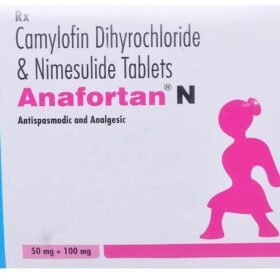

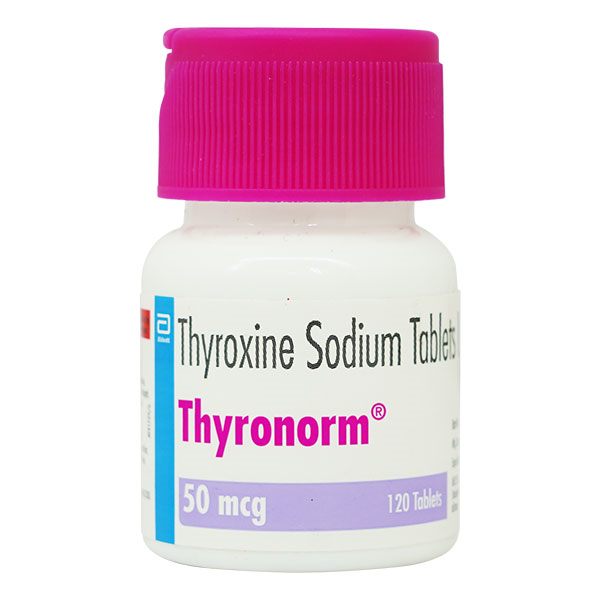

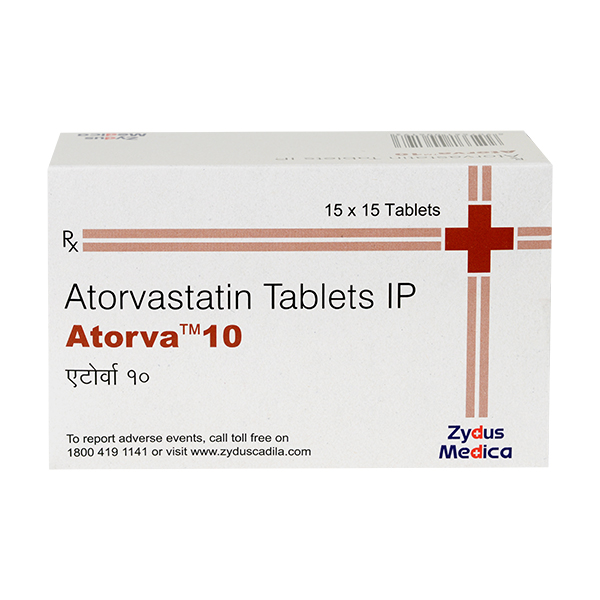
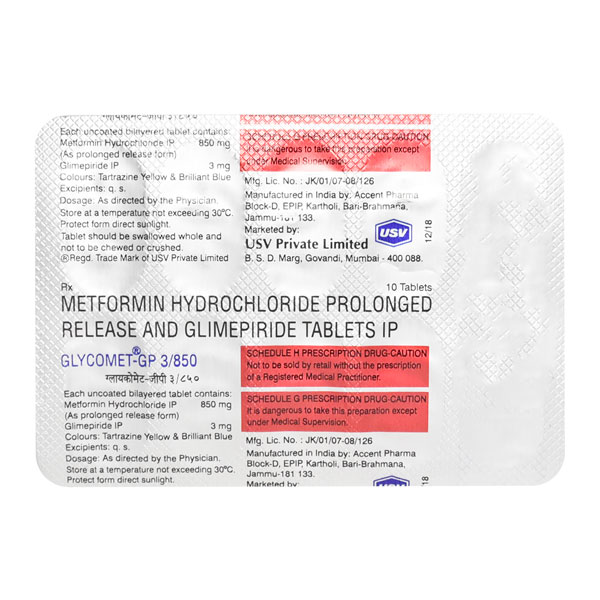

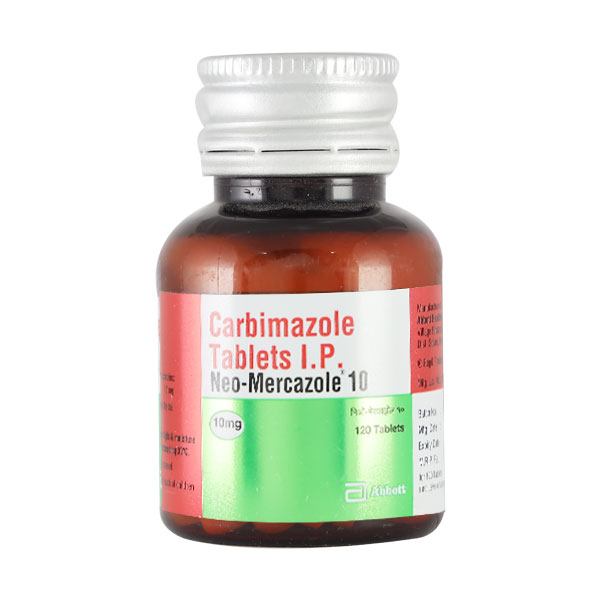
Reviews
There are no reviews yet.